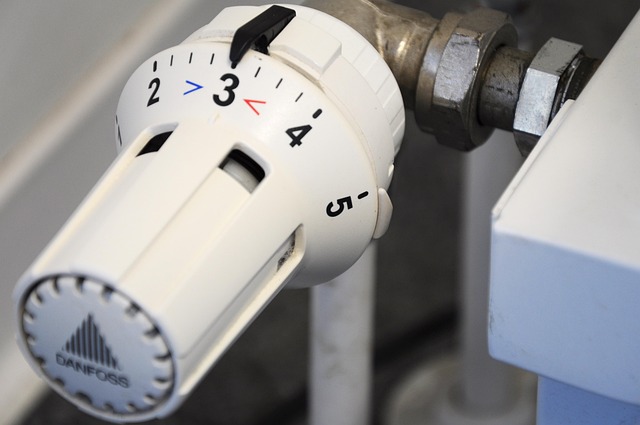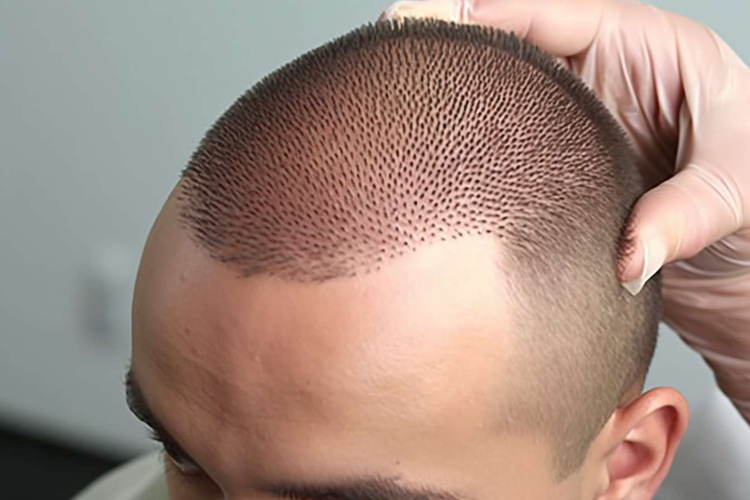Seniors Across the U.S. Are Restoring Their Smiles With a New Dental Implant Option - Comfortable, Reliable, and Dentist-Approved
Many older adults have struggled with missing teeth or uncomfortable dentures for years. Now, new advancements in implant dentistry are helping them regain confidence, eat their favorite foods again, and enjoy a better quality of life. This modern treatment method is designed with seniors in mind - offering lasting results, improved comfort, and a natural look that feels just like real teeth.

Dental implants have revolutionized tooth replacement options for seniors across the United States. With innovative materials, refined techniques, and specialized approaches for older adults, these modern solutions are helping restore not just smiles but confidence and quality of life. The latest advancements focus on making the process more accessible and comfortable specifically for seniors, addressing their unique oral health needs with long-lasting results.
How Modern Implant Solutions Transform Smiles for Adults Over 55
The landscape of dental care for seniors has changed dramatically in recent years. Modern dental implants offer significant advantages over traditional dentures, particularly for adults over 55. These implant solutions are designed with senior-specific considerations in mind, including addressing bone density issues that commonly affect older adults.
Today’s implants utilize biocompatible titanium posts that effectively fuse with the jawbone through a process called osseointegration. This creates a stable foundation for replacement teeth that look, feel, and function like natural teeth. For seniors who may have experienced bone loss, specialized techniques such as bone grafting and mini implants have made the procedure accessible to patients who previously might not have qualified.
Advanced imaging and planning technology allow for precise placement, minimizing recovery time and discomfort. Computer-guided implant surgery enables dentists to plan the exact position, angle, and depth of each implant before the procedure begins, resulting in more predictable outcomes and shorter healing periods—a significant benefit for older patients.
Why More People Are Choosing Permanent Dental Implants Instead of Removable Dentures
Traditional dentures have long been the standard solution for tooth loss, but they come with significant drawbacks that affect daily life. Many seniors report challenges with denture slippage, difficulty speaking clearly, dietary restrictions, and ongoing maintenance requirements. These limitations often lead to decreased social confidence and nutritional deficiencies.
Permanent dental implants address these concerns by providing a fixed solution that doesn’t require removal for cleaning or sleeping. Unlike dentures, implants prevent bone loss by stimulating the jawbone similar to natural tooth roots. This preservation of bone structure helps maintain facial features and prevent the sunken appearance often associated with long-term denture use.
The psychological benefits are equally important. Many seniors report feeling younger and more confident with implants compared to removable options. The ability to eat favorite foods without restriction, speak without worry of slippage, and smile with confidence represents a significant quality-of-life improvement. While the initial investment is higher than dentures, the long-term benefits and reduced maintenance costs make implants increasingly attractive to the senior population.
How New Materials and Techniques Make the Process Gentle and Long-lasting
Advancements in dental implant materials and surgical techniques have transformed the experience for senior patients. Modern implants utilize medical-grade titanium and zirconia materials that offer exceptional durability while being well-tolerated by the body. These materials have been refined to provide better integration with bone tissue and reduce the risk of complications.
Minimally invasive surgical approaches have dramatically improved the comfort level and recovery experience. Techniques such as flapless surgery, where small punctures replace traditional incisions, result in less trauma to surrounding tissues, minimal swelling, and faster healing times. For seniors with health considerations, these gentler approaches make implant surgery more accessible.
Post-procedure care has also evolved significantly. Improved pain management protocols, specialized aftercare products, and more effective healing processes mean that seniors experience less discomfort throughout their treatment journey. Additionally, modern implant designs feature surfaces that promote faster osseointegration, reducing the overall treatment timeline from months to weeks in many cases.
Customized Solutions for Different Senior Dental Needs
Not all seniors have identical dental requirements, which is why the evolution of implant options has been so significant. Today’s dental professionals offer various implant solutions tailored to individual needs:
Single tooth implants replace individual missing teeth without affecting adjacent healthy teeth. Full-arch solutions like All-on-4® or All-on-6® techniques provide complete restoration using just four to six strategically placed implants, ideal for seniors with extensive tooth loss. For those with insufficient bone volume, mini dental implants offer a less invasive alternative that requires less bone for successful placement.
Digital smile design technology allows seniors to preview their results before treatment begins, ensuring aesthetic expectations align with functional outcomes. This personalized approach takes into consideration facial structure, skin tone, and even personal preferences to create natural-looking results that complement each individual’s appearance.
Real-World Cost Considerations and Options for Seniors
Understanding the financial aspects of dental implants is essential for seniors considering this treatment option. The cost of dental implants varies significantly based on several factors including geographic location, the number of implants needed, preparatory procedures required, and the dentist’s experience level.
| Treatment Type | Average Cost Range | What’s Typically Included |
|---|---|---|
| Single Tooth Implant | $3,000-$4,500 | Implant, abutment, crown |
| Full Arch (All-on-4®) | $15,000-$28,000 per arch | 4-6 implants, complete prosthesis |
| Mini Dental Implants | $500-$1,500 per implant | Smaller diameter implant |
| Implant-Supported Dentures | $6,000-$30,000 | 2-6 implants with removable overdenture |
Prices, rates, or cost estimates mentioned in this article are based on the latest available information but may change over time. Independent research is advised before making financial decisions.
Many dental insurance plans have begun offering partial coverage for implants, though coverage varies widely. Seniors should explore financing options such as healthcare credit cards, payment plans offered by dental practices, and Flexible Spending Accounts (FSAs) or Health Savings Accounts (HSAs) for those who qualify. Some dental schools also offer reduced-cost implant services performed by supervised students.
Medicare typically doesn’t cover dental implants, but some Medicare Advantage plans include dental benefits that may provide partial coverage. Organizations like the American Academy of Implant Dentistry can help seniors locate experienced implant dentists who offer various payment options.
The Recovery Process and Long-Term Maintenance
The implant recovery process has become more manageable for seniors thanks to refined surgical techniques. Most patients experience minimal discomfort that can be managed with over-the-counter pain relievers. The initial healing phase typically lasts 1-2 weeks, though complete osseointegration takes 3-6 months.
Long-term maintenance of dental implants is straightforward compared to dentures. Regular brushing, flossing, and dental check-ups are essential, similar to natural teeth. Many implant systems now feature components designed for easier cleaning, especially beneficial for seniors with dexterity challenges.
With proper care, dental implants can last 15-25 years or longer—often making them a lifetime solution for many seniors. This longevity contrasts sharply with traditional dentures, which typically require replacement every 5-7 years, representing significant long-term value despite higher initial costs.
Dental implants represent a significant advancement in restorative dentistry for seniors seeking comfortable, reliable, and natural-looking tooth replacement options. With customized solutions addressing various needs and improved techniques making the process gentler than ever, it’s no surprise that more seniors across the United States are choosing this permanent option to restore their smiles and improve their quality of life.
This article is for informational purposes only and should not be considered medical advice. Please consult a qualified healthcare professional for personalized guidance and treatment.




